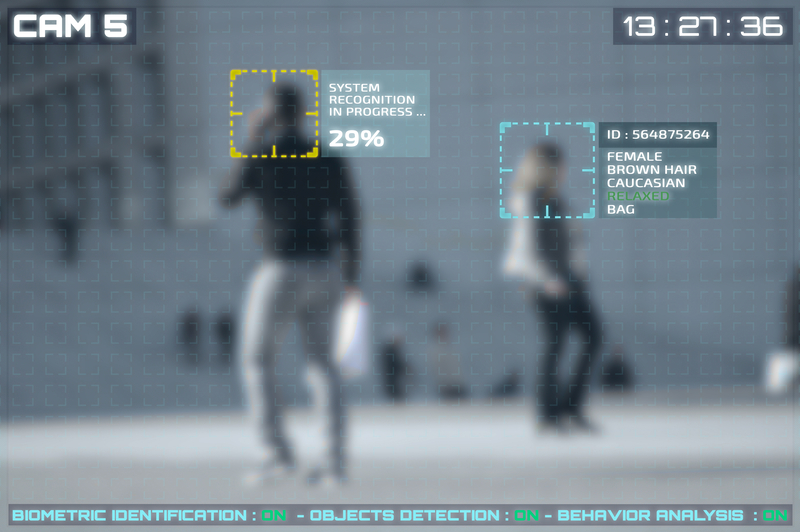
Photo: Dreamstime
Detroit sued over facial recognition arrest error
15 April 2021
by Sarah Wray
A man who was wrongfully arrested based on facial recognition technology is suing the City of Detroit’s police department.
The lawsuit has been filed by the University of Michigan Law School’s Civil Rights Litigation Initiative (CRLI) and the American Civil Liberties Union (ACLU) on behalf of Robert Williams.
The lawsuit says Williams’ experience was the first case of wrongful arrest due to facial recognition technology to come to light in the United States.
The police department has blamed poor investigative work rather than the technology.
Detroit police arrested Williams at his home in January 2020 after examining security footage from a shoplifting incident which took place in 2018, when several expensive watches were allegedly stolen. Facial recognition technology was used on a grainy image from the video, and the system flagged Williams as a potential match based on an expired driver’s licence photo.
The image was used in a picture line-up that was shown to a security guard. The guard, who hadn’t actually witnessed the shoplifting incident and had only viewed the surveillance video, picked Williams out and the police department obtained an arrest warrant.
Williams, who had been driving home from work outside of Detroit when the shoplifting incident took place, spent 30 hours in a detention centre. The case was later dropped.
The lawsuit claims Williams’ Fourth Amendment rights were violated and that his arrest violated the Michigan Elliott-Larsen Civil Rights Act.
Bias
Williams is Black and the case reinforces concerns about the accuracy and potential bias in facial recognition systems, especially in instances where image quality and lighting are poor and the suspect is not looking at the camera.
A 2019 study by the National Institute of Standards and Technology (NIST) found that face recognition algorithms misidentified African-American and Asian faces up to 100 times more frequently than white faces.
Several US cities have now banned facial recognition technology in light of these concerns and others, including Portland which prohibited its use by private companies as well as internal departments. Many police agencies, though, still use face recognition systems.
“We know that facial recognition technology threatens everyone’s privacy by turning everybody into a suspect,” said Phil Mayor, senior staff attorney for the ACLU of Michigan. “We’ve repeatedly urged the Detroit Police Department to abandon its use of this dangerous technology, but it insists on using it anyhow. Justice requires that DPD and its officers be held accountable.”
The lawsuit seeks undisclosed damages and policy changes on facial recognition technology.
Lawrence T. Garcia, City of Detroit Corporation Counsel, told Cities Today: “As the police chief has explained, the arrest was the result of shoddy investigation – not faulty technology. The arrest took place before the pandemic, and in the time since, the Detroit Police Department has conducted an internal investigation and has sustained misconduct charges relative to several members of the department. New protocols have been put in place by DPD to prevent similar issues from occurring.”
“The Law Department will seek to achieve resolution of Mr. Williams’ claims on terms that are fair to him and the City,” he added.








